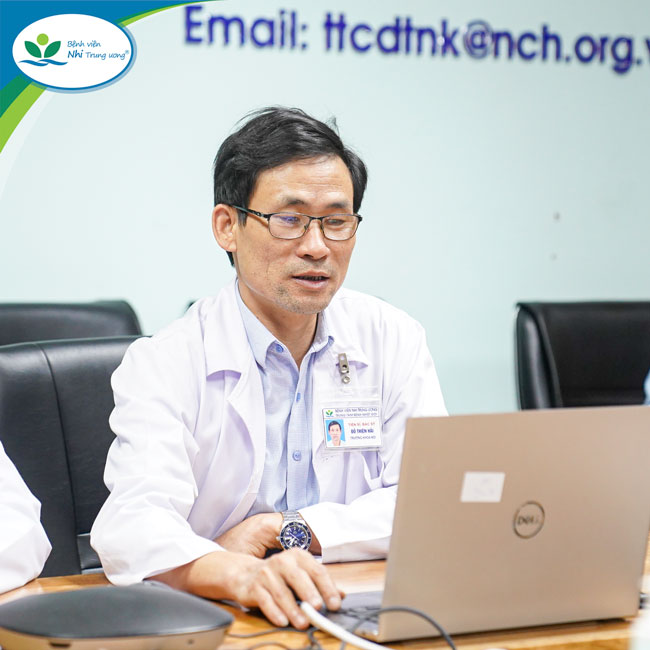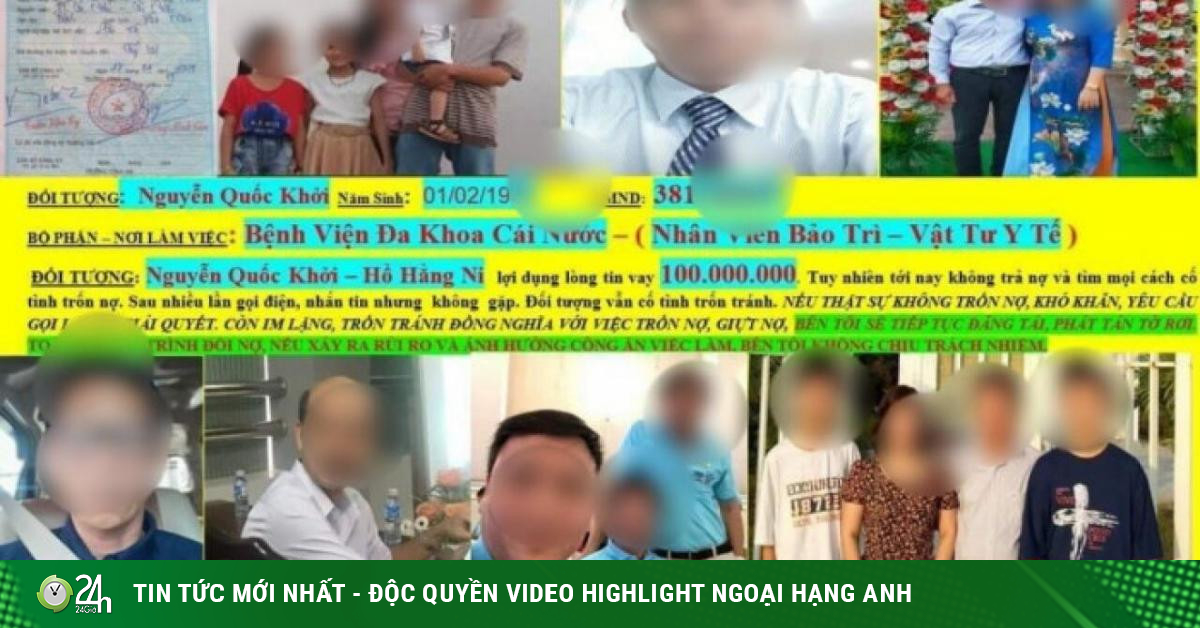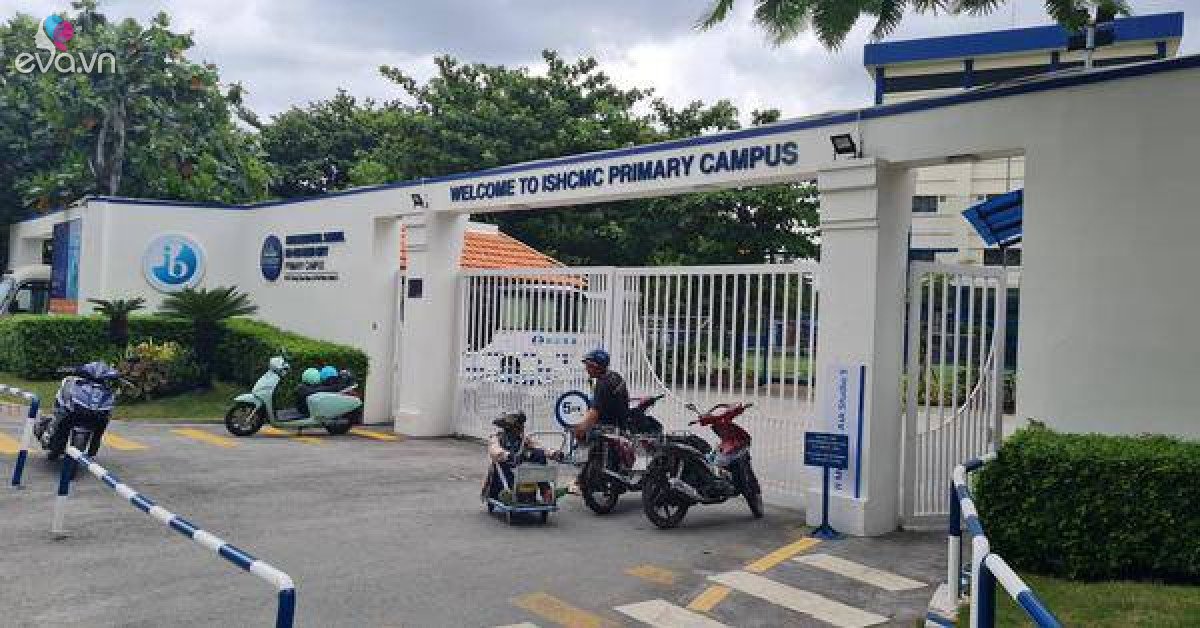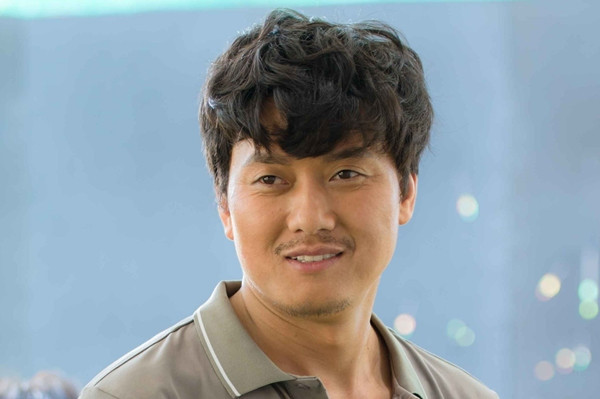Even though children don’t have suspicious symptoms of post-COVID-19, parents still need to know this-Life Health
In case a child is hospitalized during an acute episode of COVID-19, after being discharged from the hospital, the child should be re-examined according to the appointment schedule of a medical facility.
Dr. Dr. Do Thien Hai – Deputy Director of the Central Center for Tropical Diseases, National Children’s Hospital emphasized the pathology COVID-19 In children, there may be clinical manifestations and serious complications, so treating doctors should pay special attention to timely handling such as: “cytokine storm” (respiratory failure, multi-organ failure), convulsions , encephalitis, sepsis, acute kidney injury, encephalitis .., Especially in children with high risk factors such as underlying disease, it is necessary to closely monitor for severe signs, and at the same time ensure maintenance of treatment. treat the underlying disease according to the protocol.

Dr. Dr. Do Thien Hai – Deputy Director of the Central Center for Tropical Diseases, National Children’s Hospital.
The severity is determined when severe respiratory failure SpO2 < 90%, requiring endotracheal intubation; Central cyanosis, abnormal breathing, dyspnea; Reduced consciousness, difficulty awakening, or a deep coma; The child refuses to breastfeed/eat or cannot drink; Multi-organ failure; Cytokine storm… Now patient need invasive respiratory support, use of antiviral drugs, antibiotics, anticoagulants, possibly dialysis, ECMO.
In case a child is hospitalized during an acute episode of COVID-19, after being discharged from the hospital, the child should be re-examined according to the appointment schedule of a medical facility.
In addition, even if the child does not have any suspicious symptoms of post-COVID-19, parents can take the child to see a pediatrician between 4-12 weeks after contracting COVID-19 for examination and counseling. about children’s health problems.
At the National Children’s Hospital, continuously receive a number of children with mild to severe post-COVID-19 symptoms. The majority of hospitalized children have not been vaccinated against COVID-19, notably, there have been very serious children requiring mechanical ventilation and dialysis.
According to Dr. Dr. Phan Huu Phuc – Director of Children’s Health Research and Training Institute, National Children’s Hospital, symptoms of post-COVID-19 in children with a history of COVID-19 or contact with someone with COVID- 19, live in epidemic area usually occurs as follows: Low-grade fever, shortness of breath, persistent cough; The child has fatigue, muscle pain, rapid heartbeat, erythema or corneal congestion; Children affected memory, ability to concentrate and sleep disorders; Children with digestive disorders: vomiting, abdominal pain, diarrhea; There may be signs of shock, blood clotting disorders, acute kidney damage…
Childhood multisystem inflammatory syndrome (MIS-C) is a condition in which different body parts (more than 2) can become inflamed, including the heart, lungs, kidneys, brain, skin, eyes, or other organs. digestive organs. When children appear to have conditions such as continuous high fever, rash, digestive disorders, if worse, they may experience cardiovascular complications, shock, etc., parents need to take their children to medical facilities to know. have post-COVID-19 or multisystem inflammatory syndrome.
For MIS-C syndrome, there is no gold standard for diagnosis, requiring a combination of clinical symptoms and laboratory tests. Diagnosis is by exclusion with other diseases (diseases with similar manifestations but not related to COVID-19 such as sepsis, acute appendicitis, urolithiasis, etc. between MIS-C and acute COVID-19; between MIS-C and Kawasaki (acute fever with generalized rash).
Regarding the symptoms to watch out for, Dr. Dr. Phan Huu Phuc said: “One of the post-COVID-19 symptoms that many people do not pay attention to is neurological manifestations. In a literature review of more than 200 patients with MIS-C, there were approximately 100 cases with neurological manifestations ranging from headache and dizziness to syncope and stroke, with up to 3% of patients having convulsions. jerk,..
Most children with MIS-C Syndrome need to be treated in the hospital. This syndrome is rare but dangerous. However, when the child is detected early and treated properly and promptly, the progress is usually favorable and the child recovers well.
at Blogtuan.info – Source: 24h.com.vn – Read the original article here



